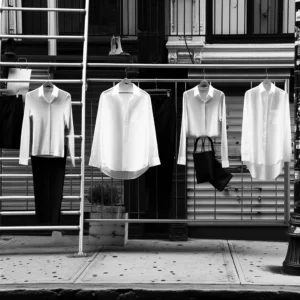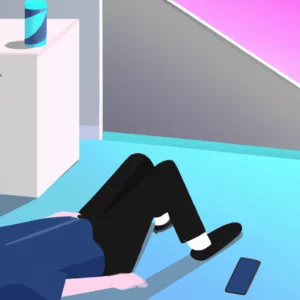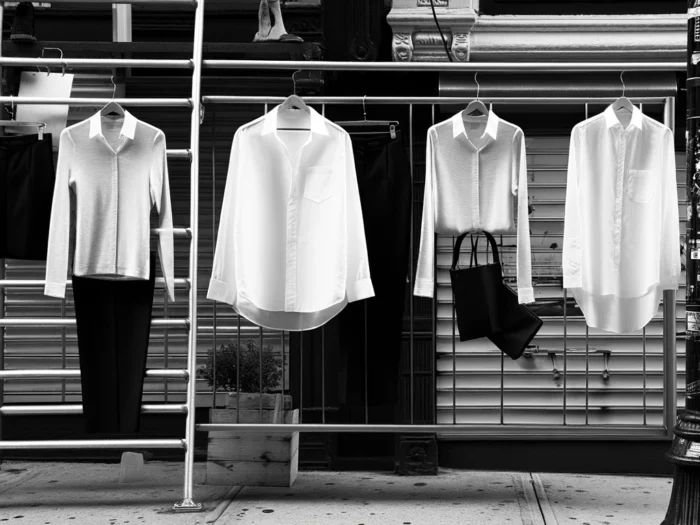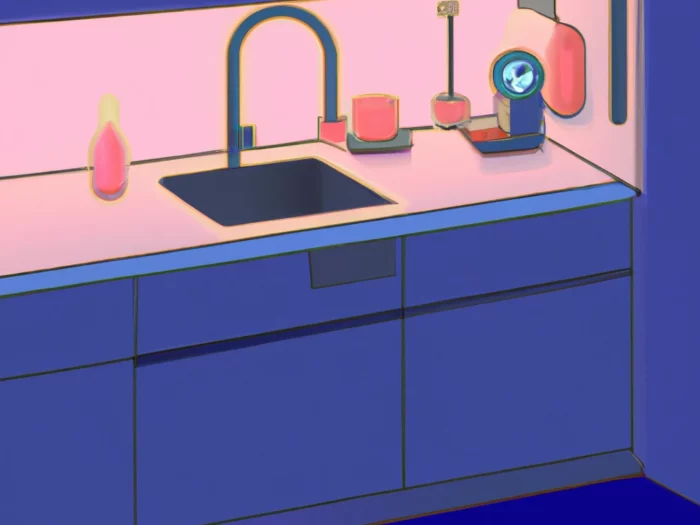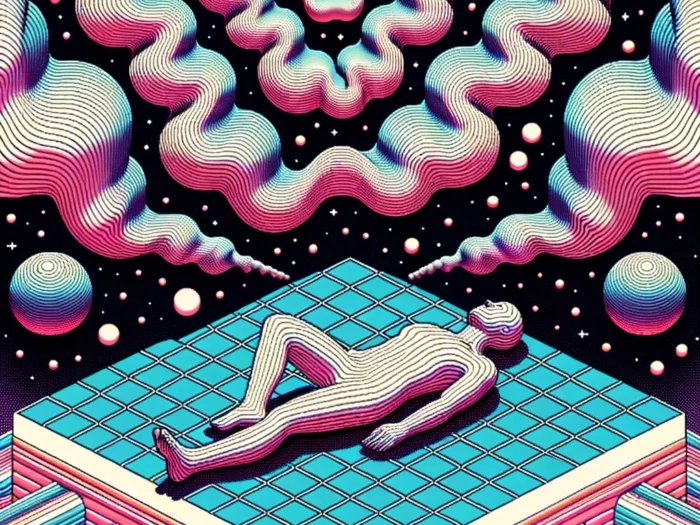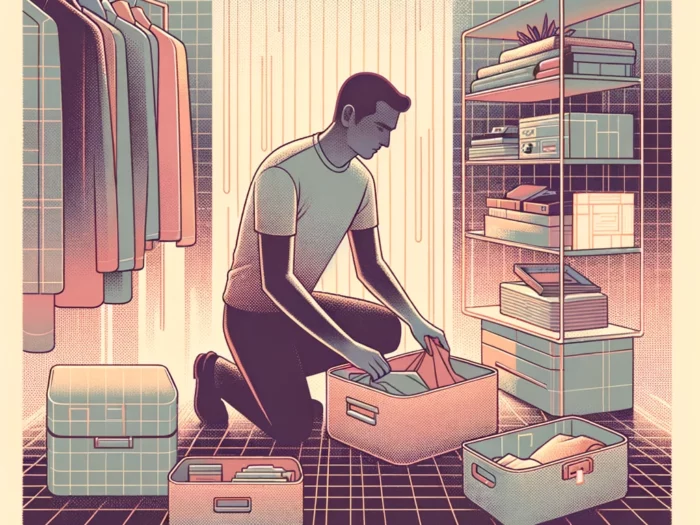You might think the title of this post is a contradiction. It’s not. When we look deep into the problem of why people don’t complete tasks, we find the biggest excuse is this: “I’m too busy.” The answer is simple. Stop the busyness. Do less.
I’m a full-time college professor. I’m a full-time single dad to a nine-year-old girl. I’ve written three books, two ebooks, and a book of poetry. I’ve written 100s of songs. I have four blogs. I own a home. I practice karate. I play in a band. Would you believe me if I told you that I’m not busy?
Busyness Is A State Of Mind
It’s true. I’m not busy. In fact, it’s because I’ve learned to live with less busyness in my day-to-day activities, that I’m able to get so much done. Less busyness equals more productivity.
Many of my friends say they want to write a book. “Why don’t you?” I ask. They almost always respond by saying they’re too busy. “I’ll do it when I have more time,” they say. Yet, some of these same friends are not single parents and only work part-time jobs. Too busy? Doing what?
Minimalism is stripping things down to absolute essentials. This includes both our material goods and our schedules. People make their lives too busy by continually doing non-essentials. How many times have you asked yourself where the day went after spending a day running around or watching TV? There’s a better way. Here are a few non-essentials you can minimize:
Stop Being Busy Doing Nothing
Shopping: How often do you shop? I used to shop for groceries a few times a week. A few years ago, I started buying more groceries with each trip. Now, I only shop twice per month. This frees up several hours each month. I’ve learned to coordinate specialty shopping, too. If I need dog food, (I buy Shep the good stuff), stamps, new headphones, and vitamins, I make one trip. I spend an hour in an area of town where all these items can be found. I’ll stop by the mailroom and the gas station on the way home. This creates less running around. I’ve also learned to only buy what I need, when I need it.
Eating Out: People think that eating out saves time. Sometimes it can. More often, it steals time. Staying home and eating simple meals is less busyness in the long run. There’s no getting ready. There’s no driving. No lines. No waiting. If you make simple meals, once you finish your meal and wash the dishes, you can do whatever you choose.
Watching TV: This is a big time thief. I used to watch 4-6 hours of TV per day. That’s a lot of time. That’s 20-30 hours a week, sitting, being busy, doing nothing. Now with services like Netflix, it’s easier than ever to get caught up consuming mindless entertainment for hours on end. Since I stopped watching so much TV, I’ve tripled my writing output.
Playing Video Games: I’ve never been a big fan of video games, but I’ve had friends who’ve stayed up all night playing video games. The next day they have nothing to show for it but a higher playing level. Think of all they could have accomplished in that time.
Partying: I used to party a lot. It was fun to socialize with friends and drink beer. I thought it was relaxing. What did I have to show for it at the end of the night? Nothing. I came home half drunk and broke. Partying is a big waste of time and money. It just keeps you busy doing nothing.
When we learn the art of less busyness, we open up space to get more done. We clear our minds and our schedules. I don’t have a specific, disciplined writing schedule, but I have time to write every day. I’ve made that time by practicing less busyness. It’s really a simple equation.
Do you want to get more done? Have you struggled to complete tasks that you’ve started? There’s a way to overcome these problems. It starts by living more simply. In my free ebook, The Happiness of Simple, I show you how you can simplify your life and get more done.






